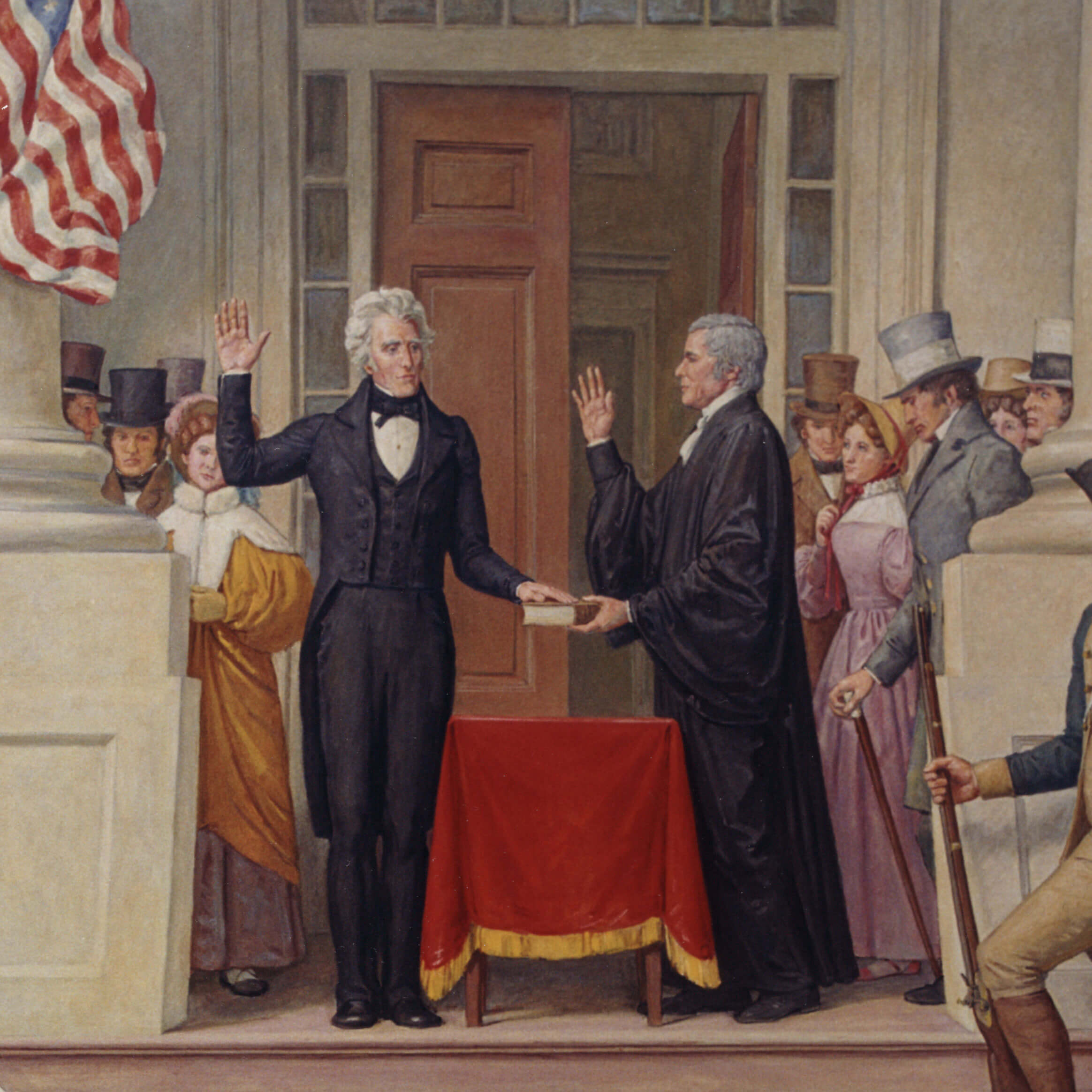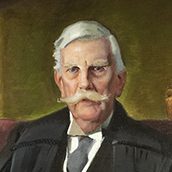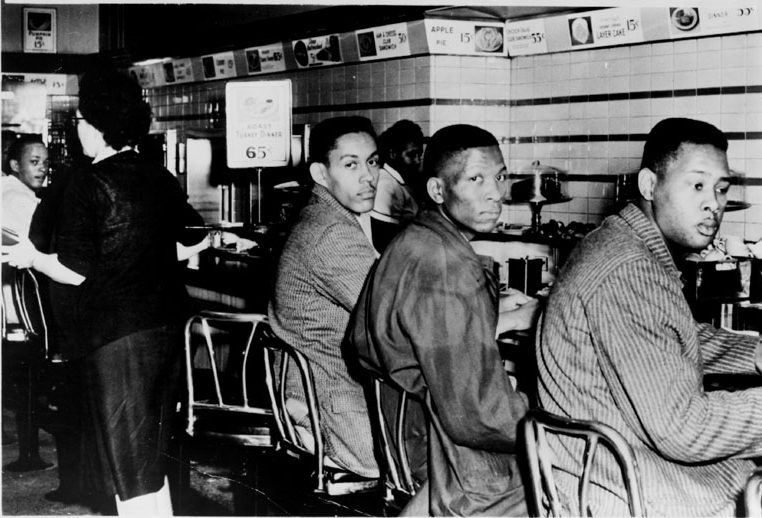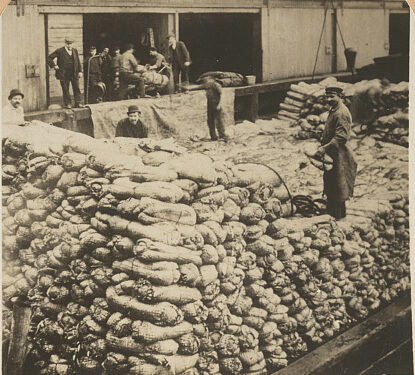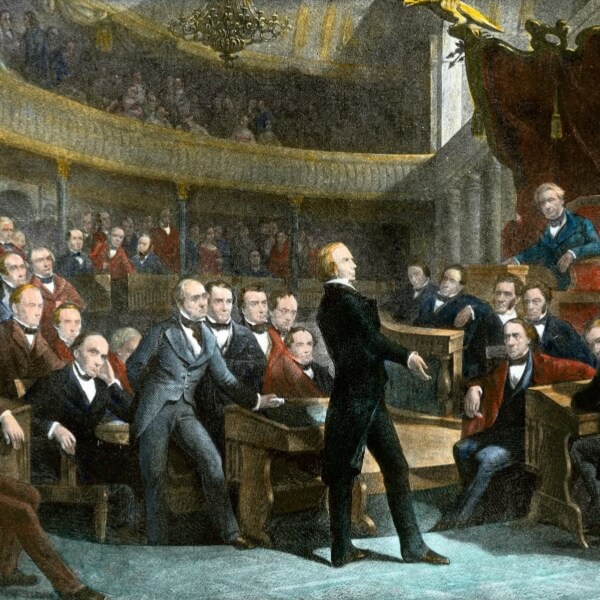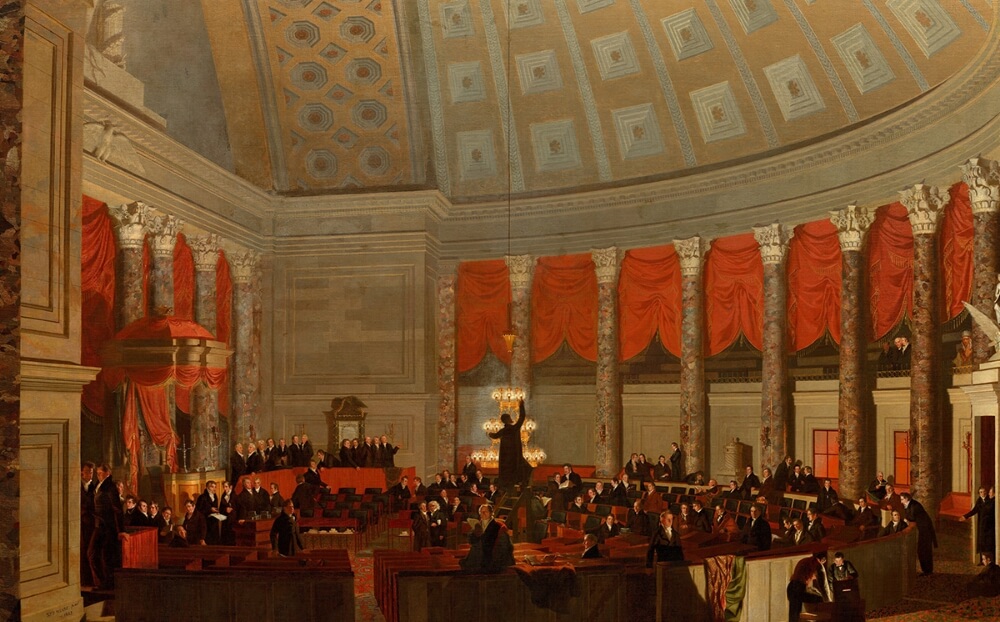Separation of Powers
7 results-
The Judiciary Act of 1891
Impactful PolicyThe law that created Circuit Courts of Appeals and helped shape the modern judiciary.
-
The Judiciary Act of 1789
Impactful Policy -
The Election of 1876
Significant EventThe disputed presidential election that many scholars claim marked the end of post-Civil War Reconstruction.
-
The Cherokee Nation Cases
Significant CaseThe lawsuits that forced the examination of the relationship between law and politics, particularly with respect to the Supreme Court’s ability to enforce its judgment during the early years of the Republic.
-
Riding the Circuit
ArticleThe rather challenging additional responsibility held by Supreme Court Justices until the early 1900s
-
Co-Equal Leader: The Role of the Chief Justice of the United States
ArticleHow the Chief Justice manages the federal government's Judicial Branch
-
Affirming Judicial Independence
EraThrough a series of landmark decisions, the Justices of the Marshall Court affirmed the judicial independence of the federal courts, the authority of the Supreme Court, and ensured that the Judicial Branch was an equal branch of the federal government.
